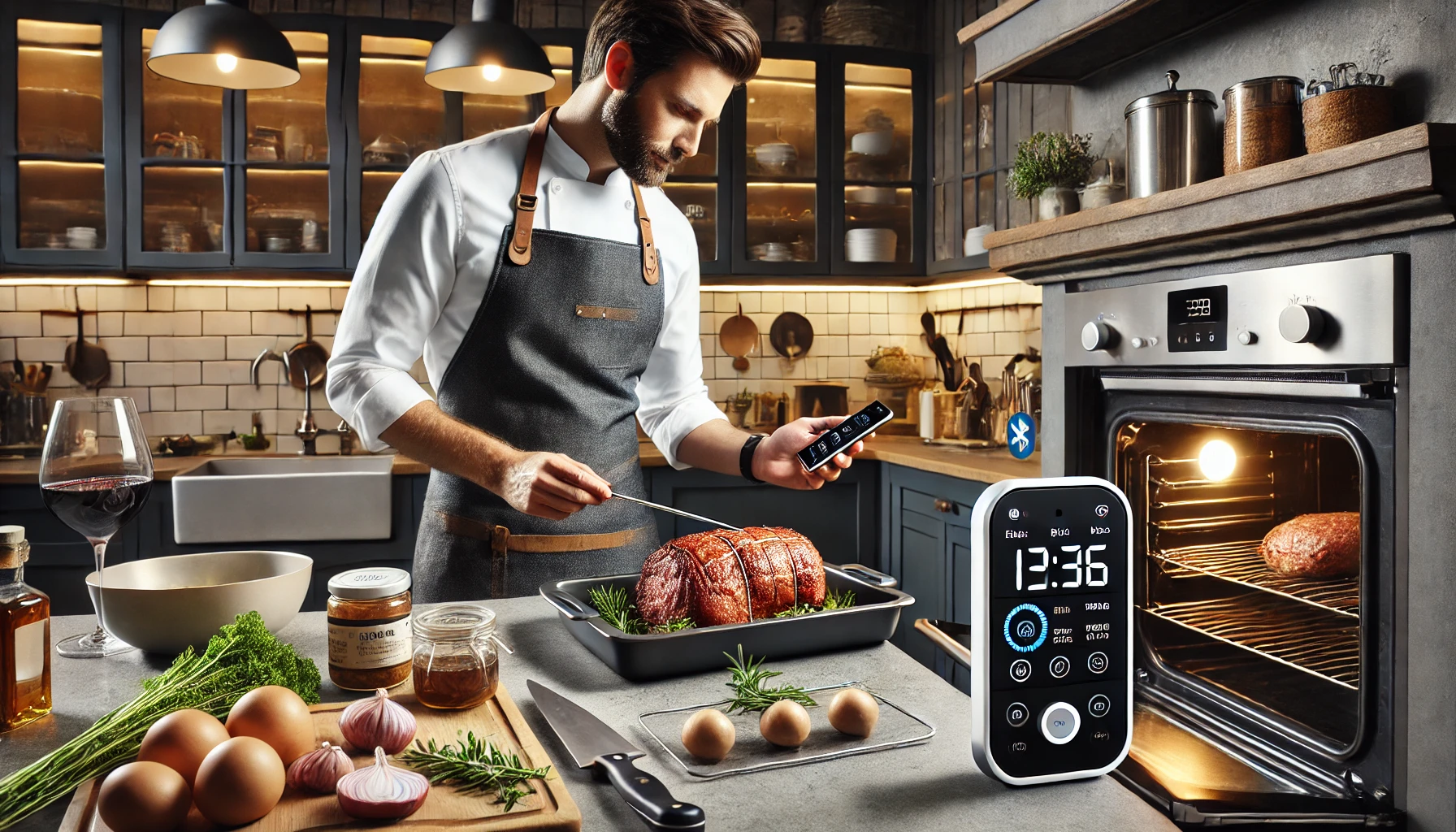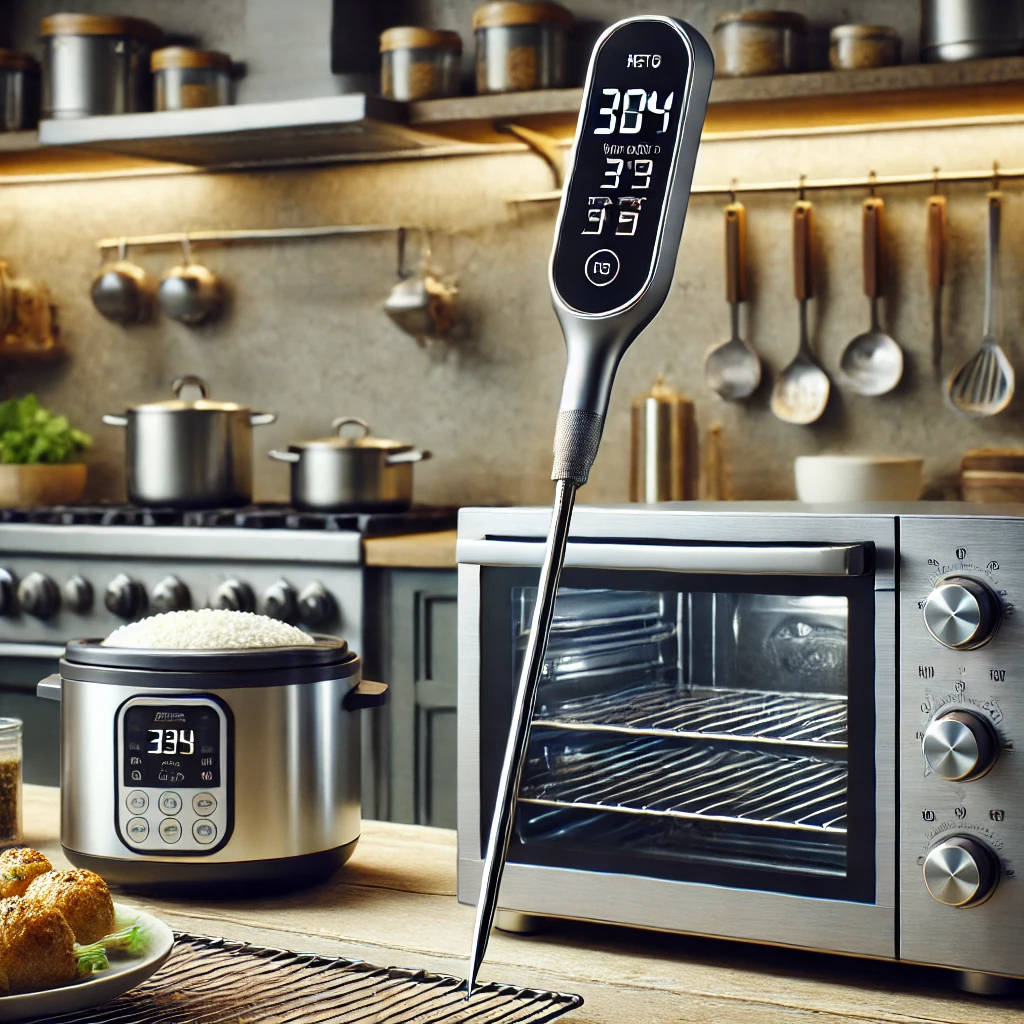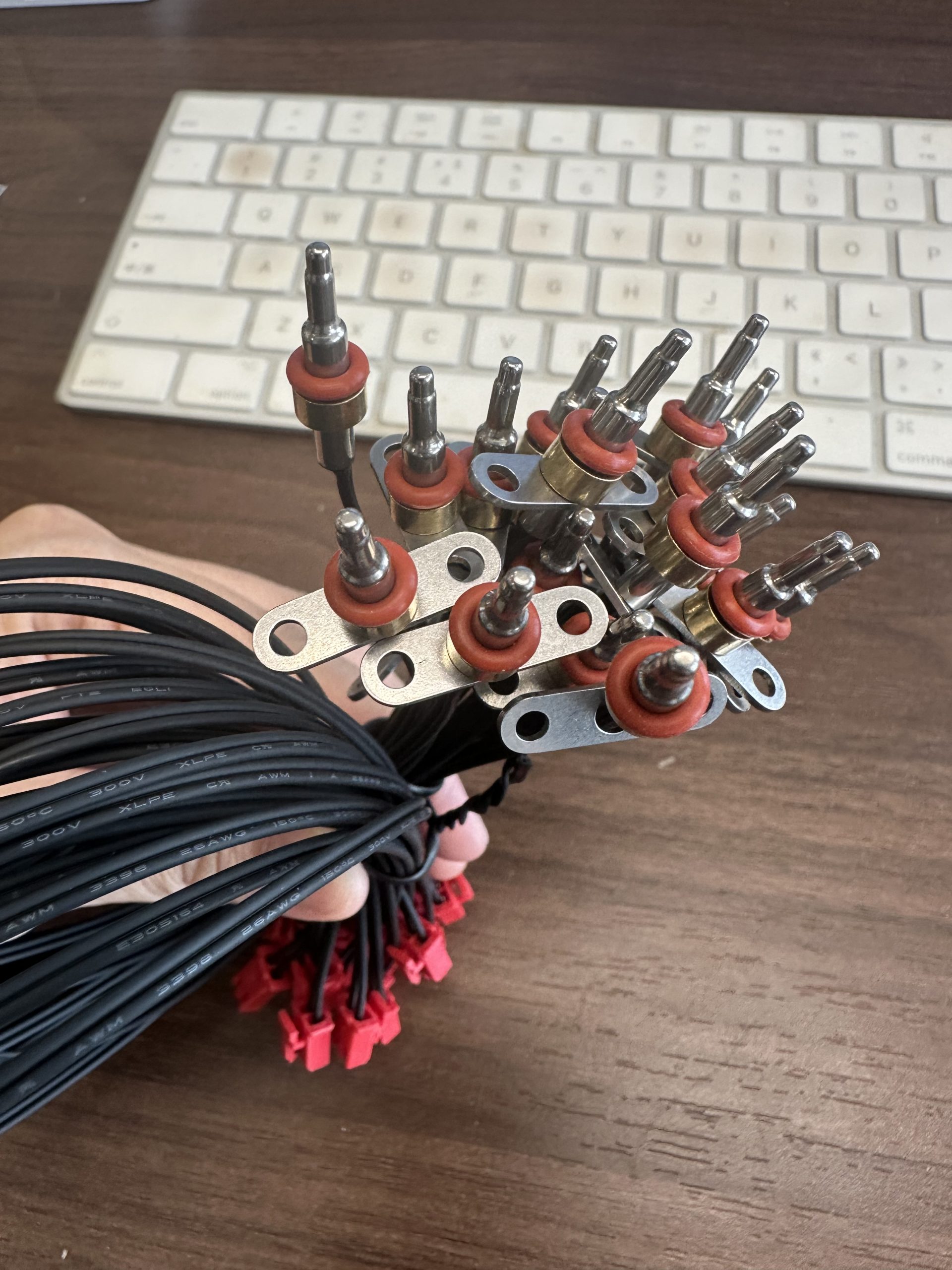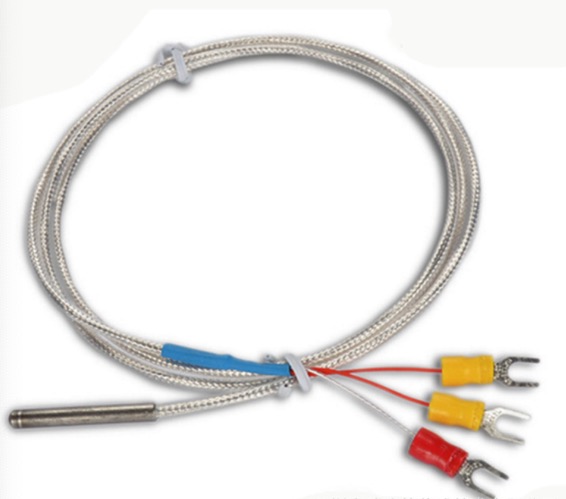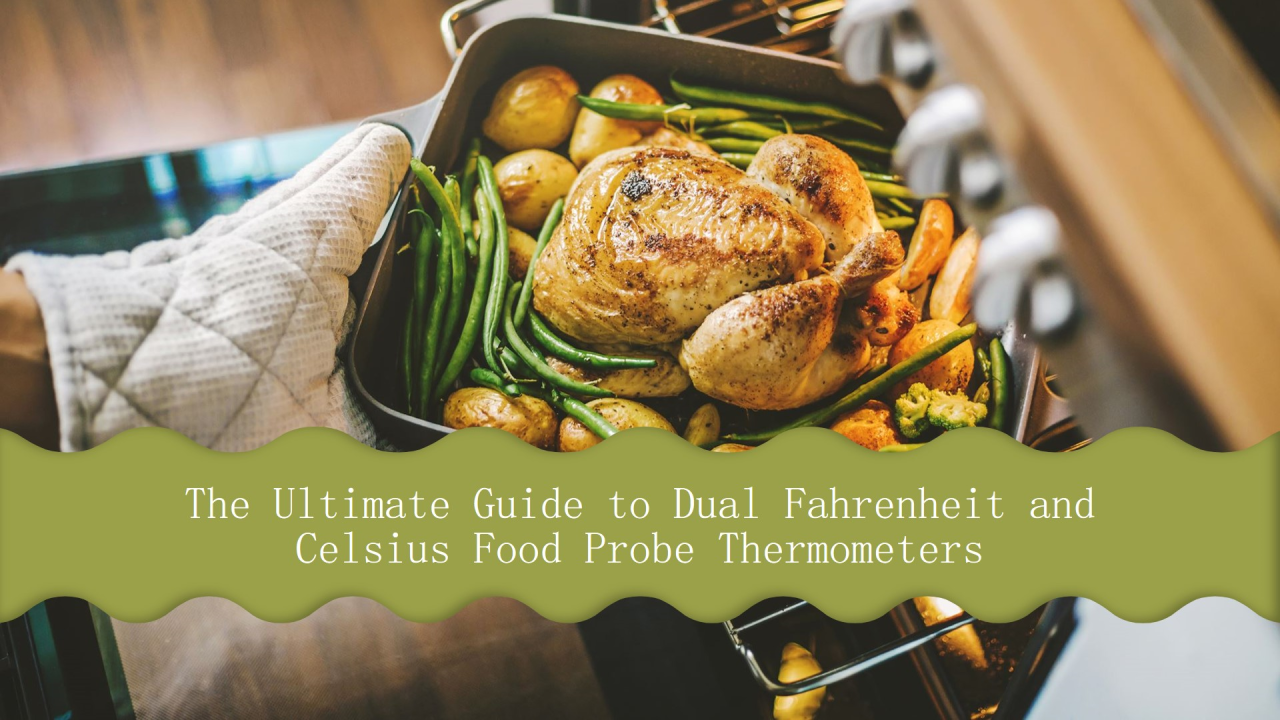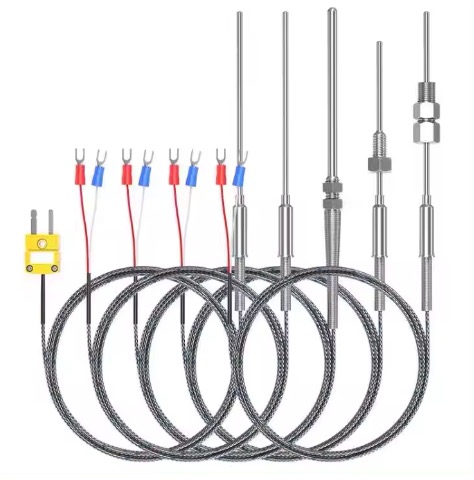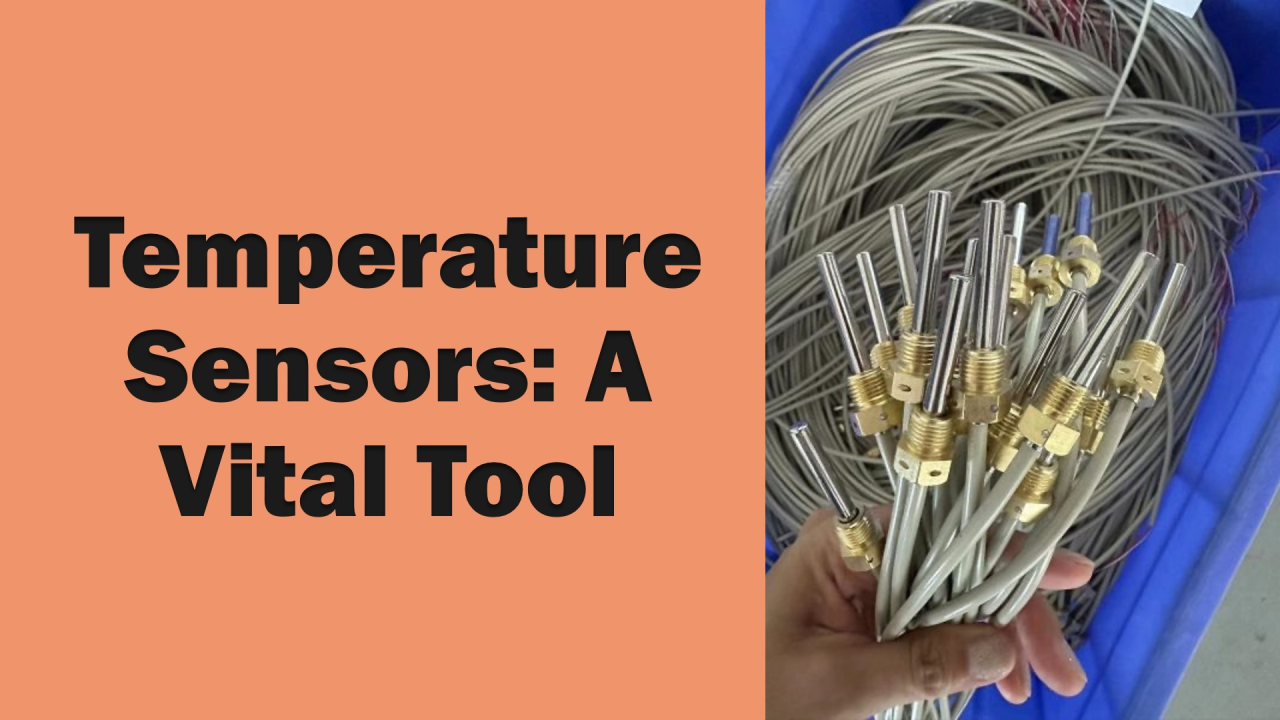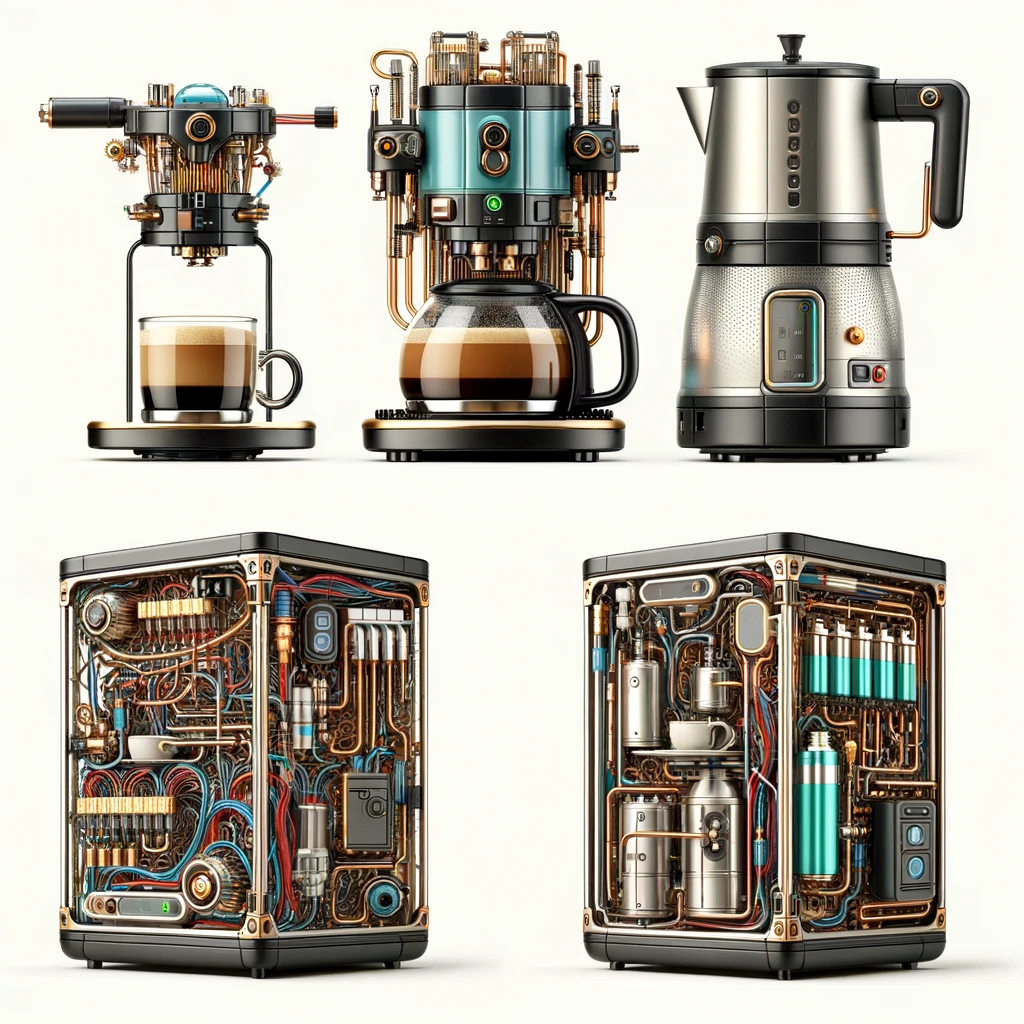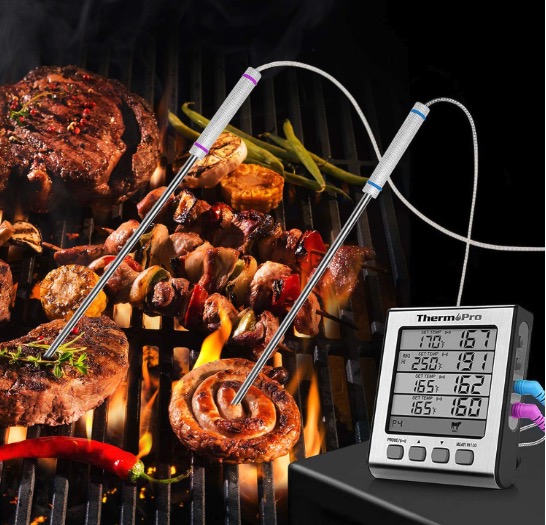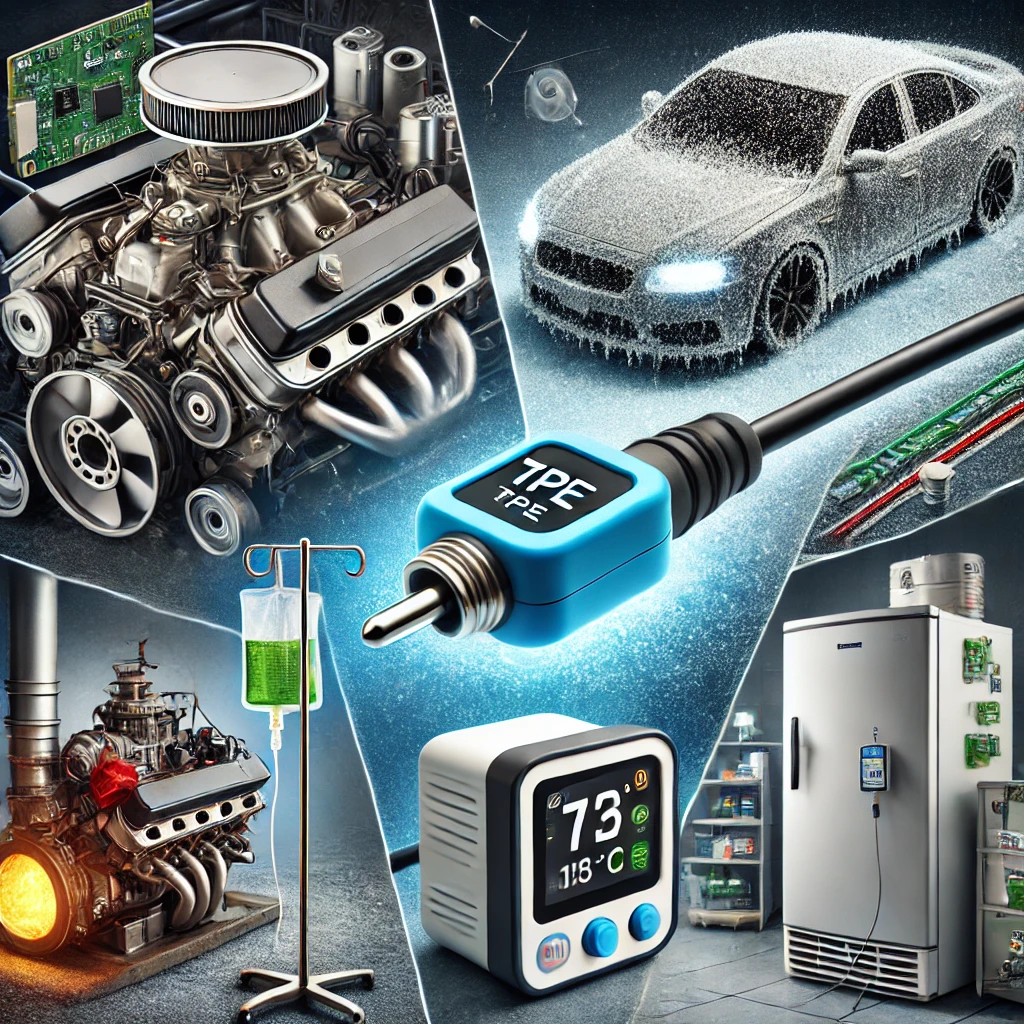
TPE Sensors: A Versatile Solution for Automotive, Medical, Industrial, and Refrigeration Applications
In today’s technological world, temperature sensors play a crucial role across a wide range of industries. From automotive manufacturing to medical devices, industrial processes, and even refrigeration systems, the need for accurate temperature measurements is indispensable. This blog post explores the importance of temperature sensors with specific characteristics in these industries, with a focus on Thermoplastic Elastomer (TPE) sensors designed for automotive, medical, industrial, and refrigeration applications. 1. Automotive Applications: The automotive industry heavily relies on temperature sensors to monitor and control various components’ temperatures. TPE sensors offer several advantages for automotive applications: Chemical Resistance: Their excellent resistance to chemical

